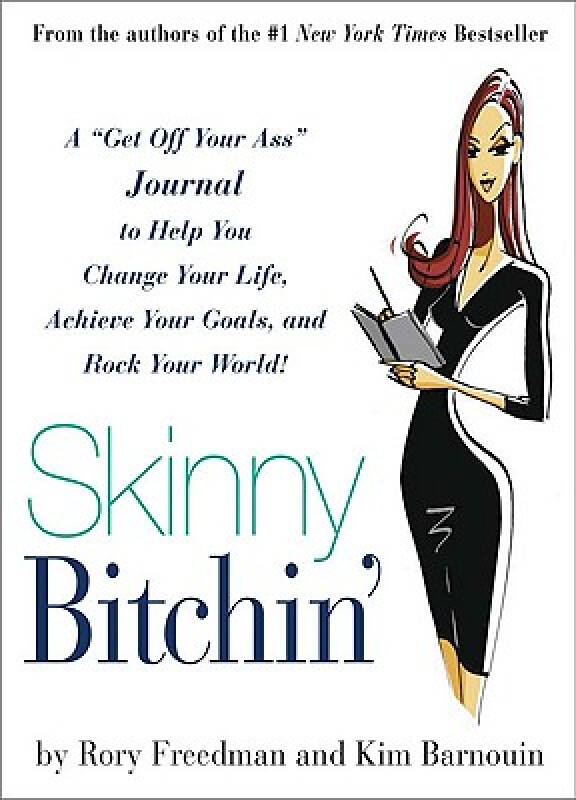Is Being Skinny Attractive? Unveiling the Allure of Slimness in Modern Society
Guide or Summary:IntroductionThe Historical Context of AttractivenessThe Role of Media and Celebrity InfluencePersonal Preferences and Cultural VariationsTh……
Guide or Summary:
- Introduction
- The Historical Context of Attractiveness
- The Role of Media and Celebrity Influence
- Personal Preferences and Cultural Variations
- The Psychological Impact of Beauty Standards
- Health vs. Aesthetic Appeal
- Conclusion: Redefining Attractiveness
Introduction
In today’s world, the question of "is being skinny attractive" resonates with many individuals. The perception of beauty has evolved over the years, yet the allure of a slim figure often remains a focal point in fashion, media, and social interactions. This article delves into the complex relationship between body image, societal standards, and personal preferences.
The Historical Context of Attractiveness
Historically, beauty standards have shifted dramatically. In different eras, various body types were celebrated. However, the modern age has seen a significant lean towards thinness as an ideal. This shift can be attributed to various factors including media representation, celebrity culture, and fashion trends. Understanding this historical context is crucial to addressing the question of whether being skinny is truly attractive.

The Role of Media and Celebrity Influence
Media plays a pivotal role in shaping perceptions of beauty. From magazine covers to social media platforms, images of slender models and celebrities dominate the visual landscape. This constant exposure can create a subconscious association between thinness and desirability. Furthermore, influencers and public figures often set trends that can significantly impact societal standards. The question "is being skinny attractive" often arises in discussions about these influences and their effects on individual self-esteem.
Personal Preferences and Cultural Variations
While mainstream media often promotes a slim ideal, personal preferences vary widely. Different cultures celebrate diverse body types, and what is considered attractive can differ significantly from one society to another. Some cultures may value curvier figures, while others may lean towards a more slender appearance. This cultural variation highlights the subjective nature of attractiveness and challenges the notion that being skinny is universally appealing.
The Psychological Impact of Beauty Standards
The pressure to conform to societal beauty standards can lead to significant psychological effects. Individuals may experience anxiety, depression, or low self-esteem when they feel they do not meet these standards. The question of "is being skinny attractive" can become a double-edged sword; while some may aspire to achieve a slimmer appearance, others may feel disheartened by the relentless pursuit of an ideal that seems unattainable. It’s essential to foster a dialogue around body positivity and self-acceptance, promoting the idea that attractiveness comes in all shapes and sizes.

Health vs. Aesthetic Appeal
It is also vital to differentiate between health and aesthetic appeal. While being skinny may be associated with certain health benefits, it is not a definitive indicator of overall well-being. Health should be prioritized over appearance, and individuals should be encouraged to focus on maintaining a balanced lifestyle rather than striving for a specific body type. The question "is being skinny attractive" should not overshadow the importance of health and self-care.
Conclusion: Redefining Attractiveness
Ultimately, the question of whether being skinny is attractive is multifaceted. It encompasses historical, cultural, and personal dimensions, and the answer may vary from person to person. As society continues to evolve, it is crucial to embrace a broader definition of beauty that includes diverse body types. Encouraging self-love and acceptance can lead to a healthier and more inclusive understanding of attractiveness. In the end, true allure lies not in the number on a scale, but in confidence, personality, and authenticity.
By fostering discussions around body image and promoting a diverse range of beauty standards, we can challenge the narrow definitions of attractiveness and celebrate the uniqueness of every individual.
